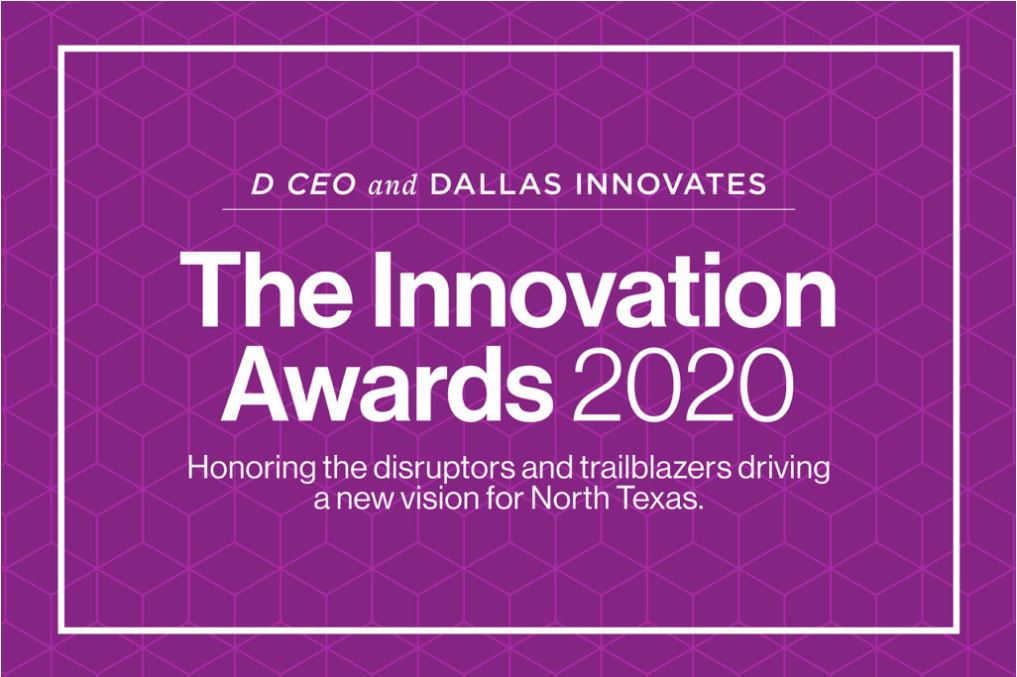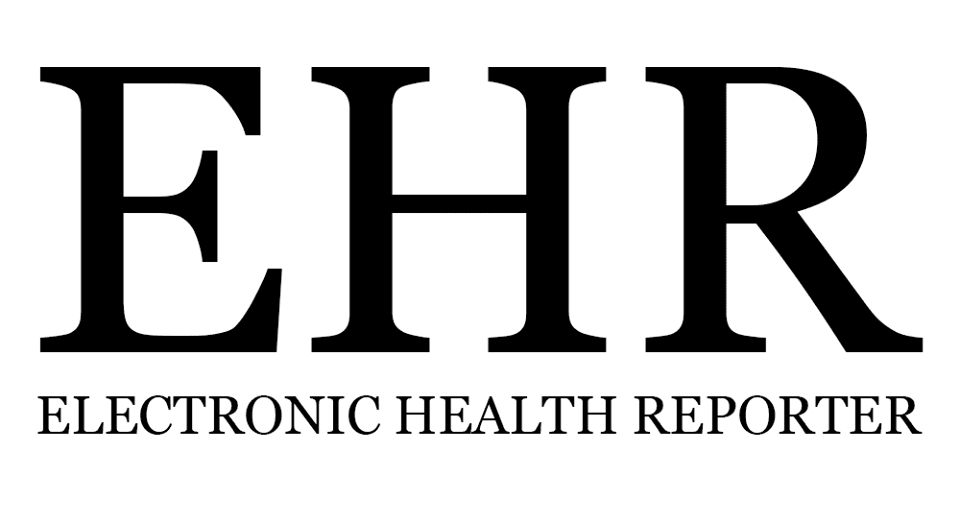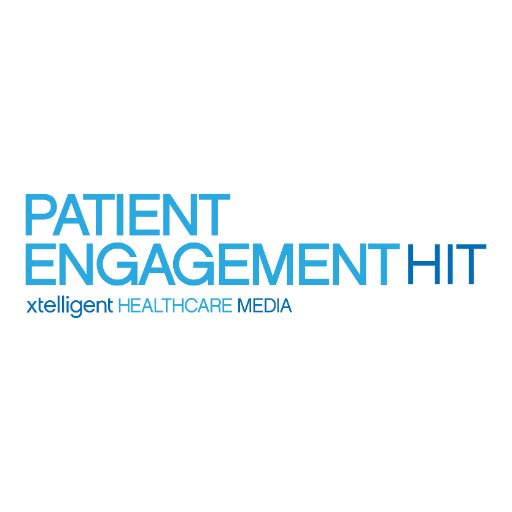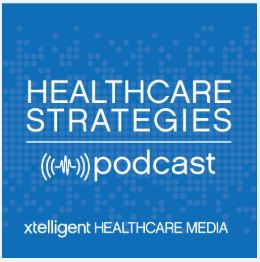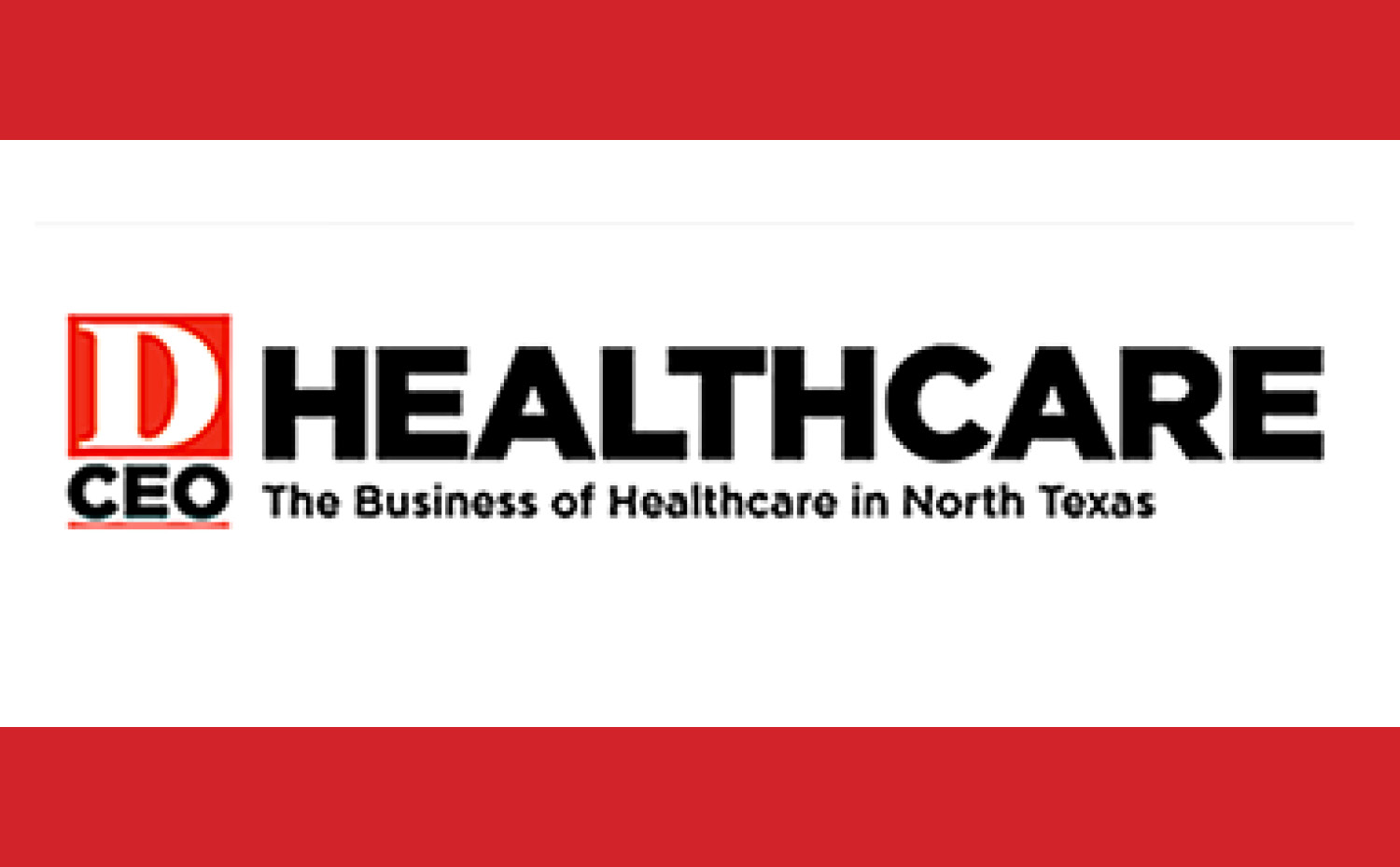
By Steve Miff, PhD, President & CEO of PCCI
The term “Non Medical Drivers of Health” is far more than a trendy new buzzword in health care. Serving the physical, mental and social needs of the community is not just the right thing to do but can mean substantial improvement in care and reduction in unnecessary healthcare costs.
Several studies have shown that addressing social needs, such as food or housing insecurity, can have a significant impact on a person’s healthcare outcomes and costs. Individuals experiencing housing insecurity or homelessness have higher rates of chronic diseases such as high blood pressure, heart disease, diabetes, asthma, chronic bronchitis, and HIV. This in turn leads to higher utilization of healthcare services such as emergency room visits, inpatient hospitalization and longer lengths of stay compared to those individuals with secure housing. Similar results are seen in those experiencing food insecurity.
Hospitals often state that part of their mission is to provide high quality care and improve the community’s health, or community benefit. A recent study of hospital mission statements in three states (Ohio, Florida and Texas) found that while quality was cited most often (65%), the second most frequently used term was community benefit (24%).[1] If community benefit or community health is part of your health system’s mission statement, how much are you really doing to address the whole health of a community vs. just addressing their “sickness” needs?

At PCCI, our combination of data scientists and expert clinicians believe that health systems have an obligation to address Non Medical Drivers of Health to ultimately remove the disparities and inequality that we see in our community’s health. Yet this is tricky because success requires outreach skills, community relationships and data insights that extend beyond the traditional promise of health-related services. That said, there are three key elements that can assist health systems in making an investment in Non Medical Drivers of Health a reality. In order to move from theory to action, my suggestion is that health systems do the following:
1. Leverage the board’s community presence to align on areas of greatest need
As part of health system leadership, board members ensure alignment between mission and a defined NMDOH strategy at all levels of the organization. As community representatives themselves, board members can also create the momentum and connections that health systems need to bring community and business partners together to create a governance structure for launching a connected community of care. Such governance structure will guide the strategy, legal and policy needs, and the investment and execution of a connected and aligned NMDOH strategy.
2. Invest in long-term partnerships to ensure sustainability
Recognize that as health systems, you alone cannot solve for social determinants. To truly meet the social, behavioral and emotional needs of some of the most vulnerable individuals in your community, you need to identify community partners with expertise in these areas. With the assistance of board members, assemble a partnership collaborative, with a formal governance structure, to build community-based strategies around NMDOH needs. Support the sustainability of this collaborative with technology and data science techniques to identify specific root causes of social need in target populations, share data, and measure impact of interventions. Identify an independent partner to evaluate the effectively of the NMDOH initiatives and measure the cost, savings and impact across the community and for the health system.
3. Develop your own financial models that demonstrate the impact of NMDOH
Between 2000 and 2017, hospitals and health systems across the country spent $620 billion in uncompensated care. We propose that health systems create an internal “at-risk” ACO-like model for their uninsured population and invested just five to ten percent of their annual uncompensated care dollars in developing community engagement programs to address Non Medical Drivers of Health. These systems would see a three to four-fold return by addressing upstream, root causes in the community and increasing preventive, social and emotional support services to individuals in the community.
SPOTLIGHT ON PATIENT CARE
Texas Health Resources (THR), a 29-hospital faith-based non-profit health system based in Arlington, Texas has supported their mission “To improve the health of the people in the communities we serve” by creating a ten-year strategic plan to move from a hospital- to a patient-centric to a population health-focused organization. The THR board of directors has been an integral part of overseeing every step of the strategy to ensure that there is measurable and sustainable improvement in their community’s health.
Data and information gathered from regular Community Health Needs Assessments, has led to the creation of more than 200 non-profit partners across the region, including formal agreements with the American Cancer Society, American Diabetes Association and the March of Dimes, to increase health and well-being through programs focused on behavioral health, chronic disease management, child automobile safety, healthy eating, and provision of low-cost mammograms.
Board committees regularly monitor progress toward strategic goals and receive input from local community health councils and entity boards. But this commitment to community health is not just at the leadership level, employees of THR can spend between 8-12 hours of paid time annually to volunteer at local or THR sponsored community organizations to support community health efforts.
Most recently, THR announced a new initiative called Texas Health Community Impact which employed a data-driven, outcome-focused approach to identify areas of need in their communities. Mental health was indicated as a priority through the community health assessment. Zip code level data analysis and qualitative research helped them identify specific areas where seniors and youth lacked access to food and were also isolated, which led to depression and physical problems. As a result of this work, THR will distribute $5.2 million in grants to twelve agencies that will focus on interventions for these issues.
These grants only represent a portion of the financial investment that THR has made to its communities. In 2017 they provided $362.5 million in charity care, $31 million to community benefit programs and in volunteer hours, and $456.6 million in unreimbursed Medicare services.[2]
[1] Cronin, CE, Bolon, DS. Comparing Hospital Mission Statement Content in a Changing Healthcare Field. Hosp Top. 2018 Jan-Mar;96(1):28-34.
[2] https://www.texashealth.org/news/system-awards-5.2-million-in-community-impact-grants

About Steve Miff
Steve Miff, PhD., is the President and CEO of Parkland Center for Clinical Innovation (PCCI). He is a seasoned executive with more than 20 years of experience in healthcare analytics and consulting. He has served in various leadership positions in technology/consulting start-ups and on multiple boards. Dr. Miff is a recognized national thought leader with over 100 peered-reviewed and independent thought leadership publications.
Dr. Miff would like to thank Natasha Goburdhun from NDGB Advisors who contributed to this post.

